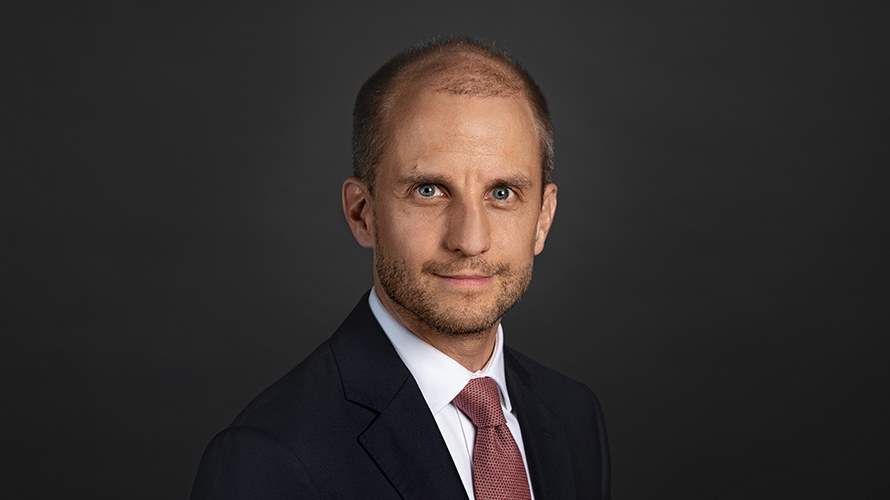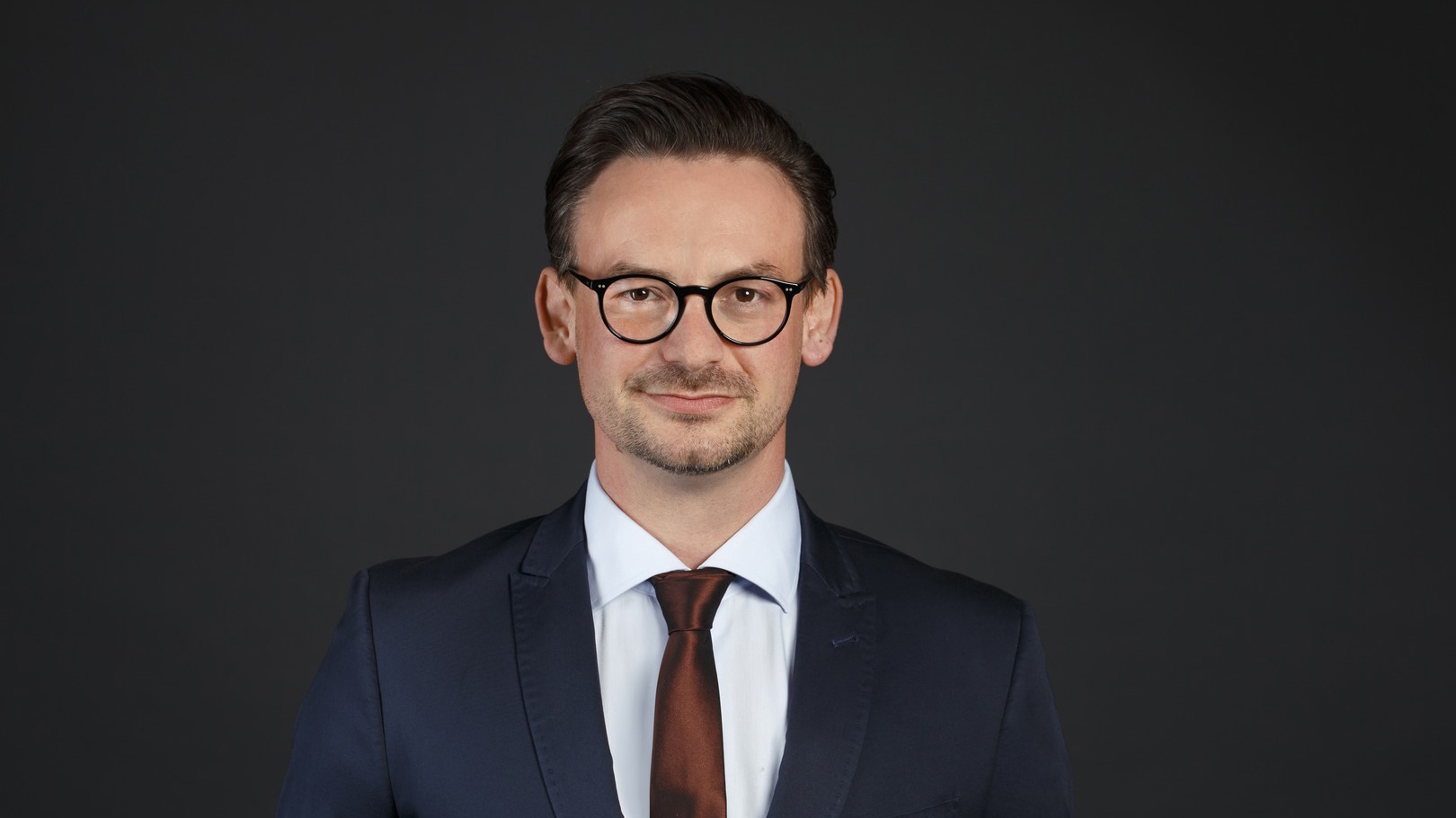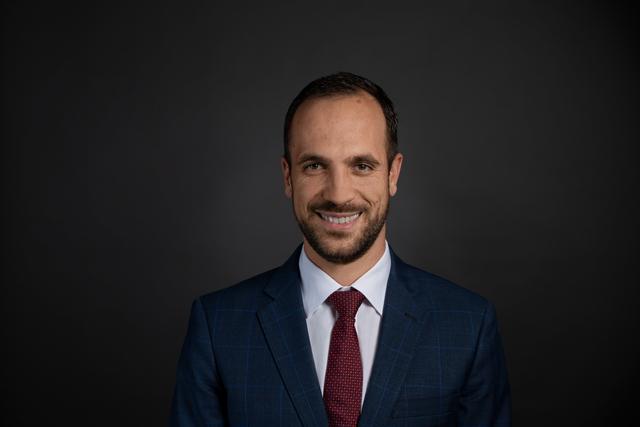
Investment Outlook 2023
Three growth paths in a multi-challenging world
Facts and market expectations concerning three long-term investment themes
Investing in a multi-challenging world
What top themes are likely to characterize the financial markets in the longer term? How do individual asset classes such as bonds, equities or commodities usually react to geopolitical tensions? Our experts present the three long-term investment themes, together with Vontobel’s baseline scenario for economic trends 2023.
Three investment themes in a long-term check
In his latest video statements, our Chief Economist explains the backstories to the themes “Greenflation”, “Slowbalization” and “Financial Repression”
Financial repression
The world can only manage the high levels of debt at simultaneously slow rates of economic growth if real interest rates stays negative.
Background: As decisive as the central banks’ interest rate hikes may have seemed, in an inflationary environment, savers are experiencing that the rises in prices are cancelling them out. The value that this ratio represents is known by economists as “real interest rate.” Over the last 20 years, it was mainly negative. And a negative real interest rate fulfills a basic prerequisite for countries and businesses being able to manage their debts over the long term.
Our assessment: Even when a period of negative nominal rates is over, that does not apply to the real interest rate. Because positive real rates mainly have negative economic impacts. That would then put even more pressure on highly indebted countries and companies. The only factor which helped them out over the last few years was the fact that servicing costs remained low—as a result of the Corona pandemic. For that reason, it is probable that central banks will see themselves forced to keep real interest rates low, or even negative.
Slowing globalization (slowbalization)
Background: Globalization splits value chains into their component parts which are each respectively based in cost-efficient locations around the whole world. Since WWII, their share in global BIP has grown unchecked—as have mutual dependencies. The Corona pandemic and the war in Ukraine have opened our eyes to how vulnerable we have become when faced with broken supply chains.
Our assessment: Geopolitical tension is likely to lead in future to closer scrutinizing of the globalization mantra. Without using the “deglobalization” word here, we are observing growing efforts to bring production and supply chains back under own control. The semiconductor industry is a prominent case in point. The more uncoupled sub-systems which emerge, the greater the cost for globally operating companies to maintain an efficient presence in all markets.
Energy transformation needs investment
Background: The demand for energy will continue to rise over the coming years—also in emerging countries which are currently catching up with the industrialized states. Given the volumes involved and the speed of this trend, demand can only be satisfied in the short term using fossil fuels. At the same time, the global economy is investing increasingly in renewable energy sources. But many of the innovative technologies which are supposedly going to reduce emissions, only function using very specific raw materials, which are currently in short supply. Industry needs more copper to manufacture semiconductors, more lithium for batteries and more rare earth, such as neodymium, for heavy-duty magnets to be used in electrical motors or wind farms.
Our assessment: When increased energy demands meet simultaneous raw materials shortages, supply and demand are doubly off balance. In the mid-term, that drives inflation. In addition, another obstacle is the fact that investment in the exploitation and processing of raw materials lag behind long-term forecasts on market requirements. That could turn out to be a double-edged sword. Because demand grows exponentially faster the more decisive promotion of low-emission technology becomes. Also, in the raw materials industry, cycles are often measured in decades. Capacities cannot simply be ramped-up from one day to the next.
Reto Cueni joined Vontobel Asset Management in 2014 as a Senior Economist and was appointed Chief Economist in 2020. His focus is on longer term topics to support Vontobel’s positioning as a thought leader.
Prior to joining Vontobel Asset Management, from 2009 to 2014, he worked as an empirical researcher and lecturer at the Economics Department of the University of Zurich. He started his career in 2006 as a quantitative analyst in Equity Research at Vontobel Investment Banking.
Reto holds a Master’s degree and a PhD in Economics from the University of Zurich. He also studied at Università degli Studi in Siena, and at the Columbia University in New York.
Thomy Zünd joined Vontobel in 2018 as Senior Investment Advisor and was appointed Head of Investment Solutions in 2021. Together with his team, he develops, among other things, the appropriate investment solutions for different market and client situations.
Before joining Vontobel, he worked in various investment-focused roles, including as an equity analyst, investment strategist and portfolio manager.
Thomy holds a Business Economist qualification from the University of Applied Sciences St. Gallen. He also holds a Master’s in International Management and is a Certified International Investment Analyst.
Inflation – Recession – Central banks
Three buzzwords for investment year 2023
The specter of inflation would appear to be getting company: On the basis of historic data, there are now numerous portents of a recession gathering on the investment horizon. At any rate, in eight out of ten cases in which the interest rate curve inverted, there was an economic downturn. Fiscal-political stimuli or rescue rings are currently not expected. They would only invalidate central banks’ efforts to curb inflation. Until inflation 2023 starts to fall steadily, we do not expect any change of course on the part of central banks.
So, are we looking at a year in which investors should steer clear of the financial markets?
Following on from volatility, focus now on facing front
The good news: Many of these interdependent and interconnected factors are continuously priced into the markets. As shown by, amongst other things, the price fluctuations before and after central banks’ interest rate hikes, releases of new consumer price indices, employment rates and so on. Each time expectations were raised or dashed, the compass corrected itself.
That gives us an indication of the opportunities and risks which investors should have on their radar in 2023.
“A 50/50 multi-asset portfolio has often achieved double-digit, positive yields in the year after similar market downturns”.
Historically, it is very rare for equities and bonds to trend extremely negatively in the same year–that suggests room for upward movement in the following year.
Even the smallest undertaking starts with a conversation
Do you have further questions? Or would you like to
discuss one or another top theme with our investment experts?




